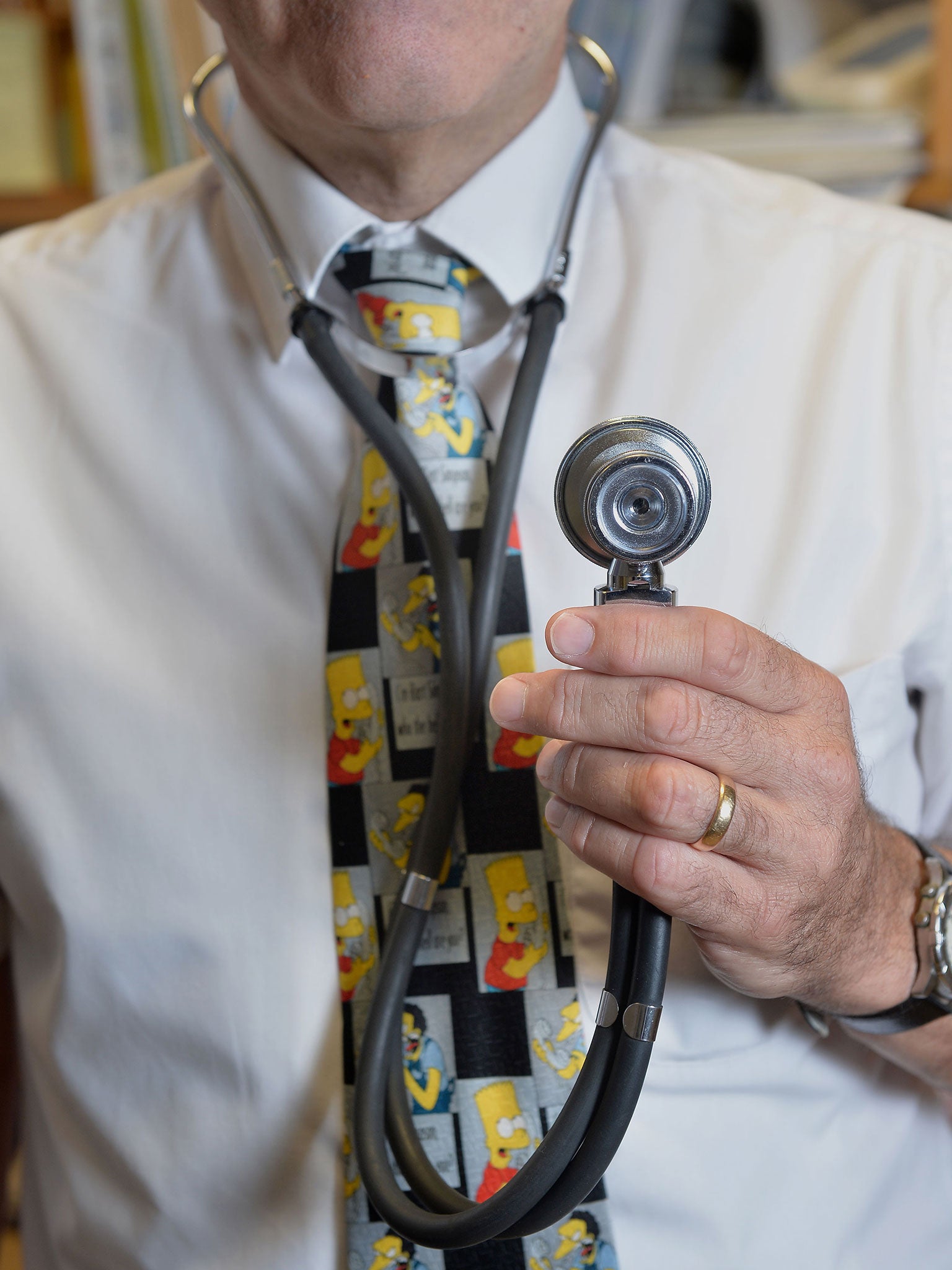Half of all cancers found at late stage, new report finds
Thousands of patients’ lives could be saved with earlier diagnosis

Almost half of cancers are diagnosed only when the disease is at an advanced stage, meaning treatment is both more expensive and less likely to succeed, according to a report published today.
Tens of thousands of patients could have their survival chances improved if doctors were able to catch cancer before it spreads around the body, Cancer Research UK said, adding that early detection would also save the NHS nearly £210m.
The study comes as a separate report, also released today, from Leukaemia Care stresses that GPs need to spot the signs of blood cancer at an earlier stage. More than half of those with the condition were diagnosed only after going to hospital as an emergency case, the charity said.
The findings help explain why Britain’s survival rates for nine of the 10 most common forms of cancer were reported to be below the European average in a major study published last year.
Diagnosis figures from 2012 for seven cancers in England – breast, colorectal, lung, melanoma, non-Hodgkins lymphoma, ovarian and prostate – showed that 46 per cent of them were detected at a late stage. Lung cancer had the worst record of delayed diagnosis, with 77 per cent of cases being spotted late. In contrast, 83 per cent of cases of breast cancer were identified early, highlighting the benefits of national screening.
Cancer Research UK’s chief executive Harpal Kumar said that their report “provides a compelling case for substantial investment in efforts to achieve earlier diagnosis”.
“Not to invest in earlier diagnosis is to fail cancer patients,” he said. “Earlier diagnosis saves lives and it could save critical NHS funds. And in the face of an overstretched NHS and a projected growing number of cancers diagnosed in the years ahead, we need to do everything we can to ensure that all patients have access to the best treatment as early as possible.”
Sara Hiom, director of early diagnosis at the charity, said some cancers, such as pancreatic, became noticeable only when they started to spread, but added that “for many others there are chances for the cancer to be picked up earlier”.
“It’s vital that people are aware of their body and if they notice anything unusual for them they should visit their GP,” she said. “And GPs play a critical role of course, knowing when symptoms need to be investigated and referring patients promptly for tests.”
That message was echoed by Leukaemia Care as it warned the signs of blood cancers such as leukaemia, lymphoma and myeloma were often being missed.
Esther Wroughton, the charity’s care director, said: “NHS data shows that 57 per cent of all acute leukaemias are identified when someone attends hospital as an emergency. This tells us we need to better arm our GPs with knowledge, guidance, advice and support to spot the symptoms earlier and that is what we are doing.” The charity has launched a new online diagnostic tool for GPs.
Subscribe to Independent Premium to bookmark this article
Want to bookmark your favourite articles and stories to read or reference later? Start your Independent Premium subscription today.

Join our commenting forum
Join thought-provoking conversations, follow other Independent readers and see their replies